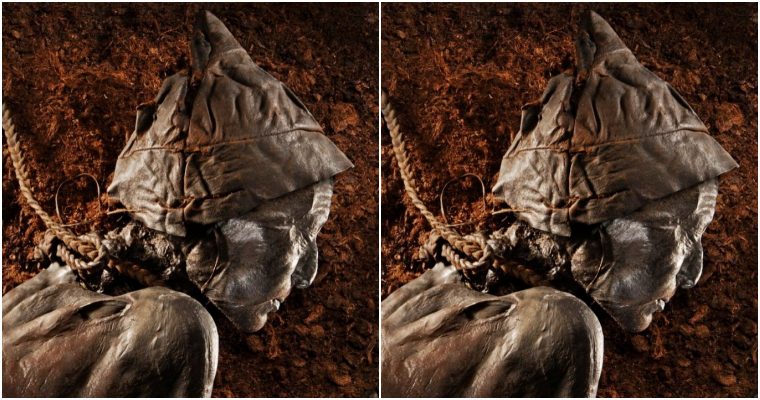Canaries were once used in coal mines as an early warning system for dangerous gas leaks. The birds were taken into the mines and if they became sick or died, it was a sign that the air was toxic and the miners needed to evacuate.

The use of canaries in coal mines began in the early 20th century, when they were discovered to be more sensitive to harmful gases such as carbon monoxide than humans, according to Forbes. Miners started carrying the birds with them into the mines, and they quickly became a metaphor for warning signs – when the canary keels over, it’s time to evacuate the mine before you become the next victim!
To revive the canaries, miners would use a device called a “canary resuscitator.” It was a small, hand-held device with a circular door that would be kept open and had a grill to prevent the canary from escaping. If the bird showed signs of carbon monoxide poisoning, the door would be shut, and oxygen from a tank above would be released into the container to revive the bird.

The use of canaries in coal mines continued until the late 20th century, when technological advancements made it possible to detect gas leaks with electronic sensors.
By 1986, the use of canaries in British coal mines had become almost obsolete, with only about 200 birds still being taken into mines. Despite the fact that digital detectors had become cheaper and more effective at detecting gas leaks, some miners still felt that the birds provided an important sense of comfort and companionship that the new technology lacked.
“They are so ingrained in the culture miners report whistling to the birds and coaxing them as they worked, treating them as pets,” reported the BBC in 1986, noting that miners were “saddened” by the decision.

While the use of canaries in coal mines may seem cruel today, at the time it was considered a necessary precaution to protect the lives of the miners.
It’s worth noting that the use of canaries in coal mines has been banned in most countries now and electronic sensors are used to detect dangerous gases instead.
source: earthlymission.com








